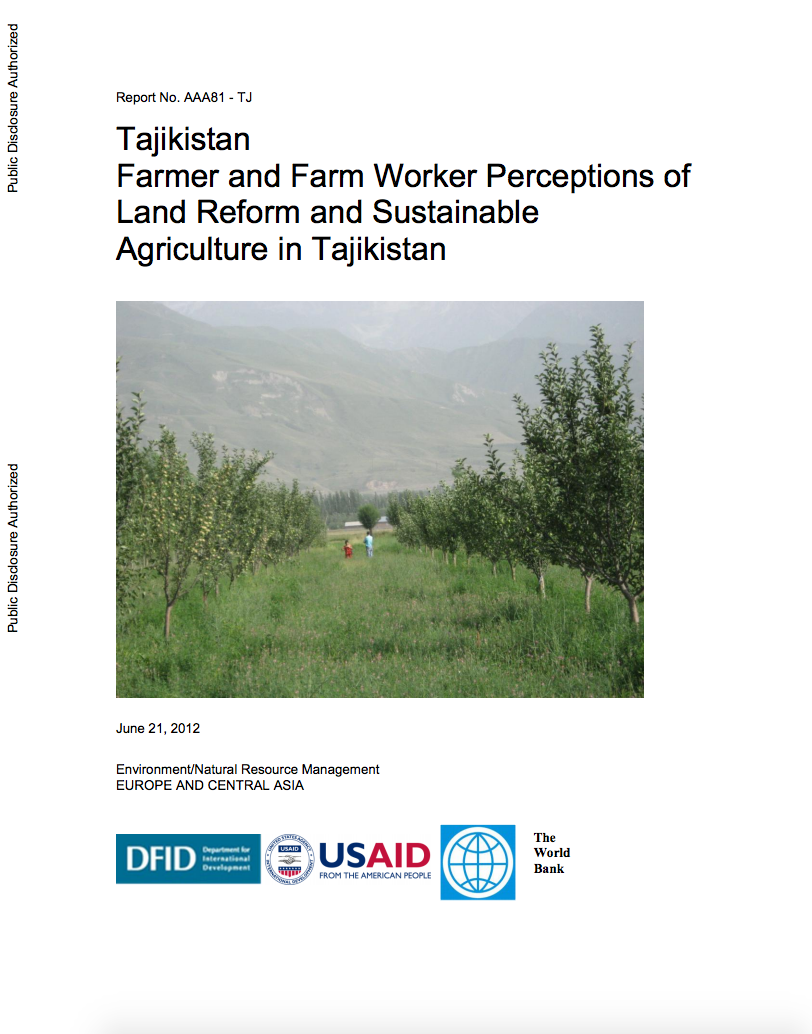India - Land Policies for Growth and Poverty Reduction
In India, land continues to be of
enormous economic, social, and symbolic relevance. The main
purpose of this report is to review new empirical evidence
on land administration and land policy, as well as the
possible interaction between the two, to derive policy
conclusions. The empirical basis for the discussion of land
administration is provided by a review of land records,
survey and settlement, and land registration in 14 states.


